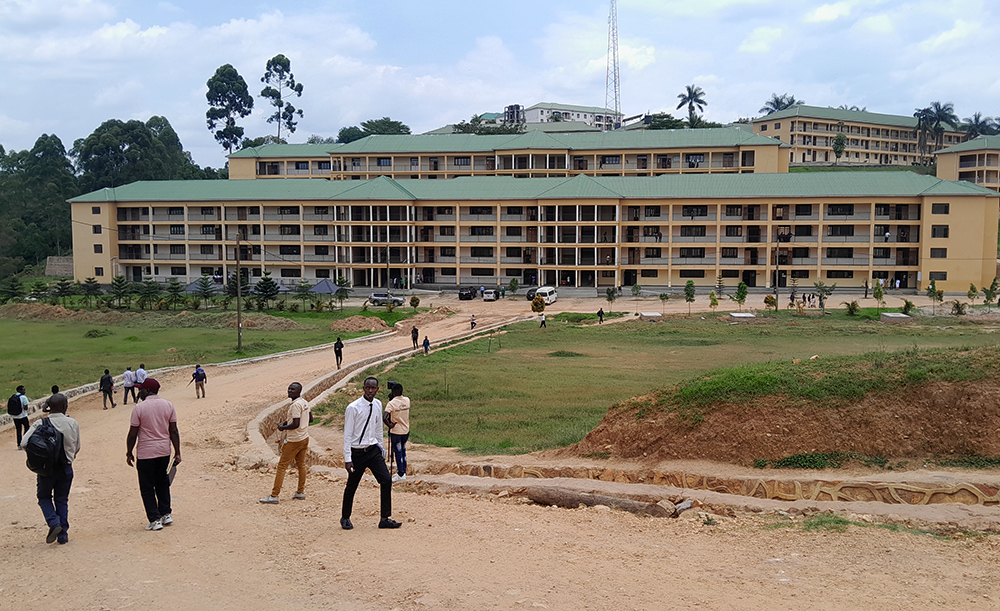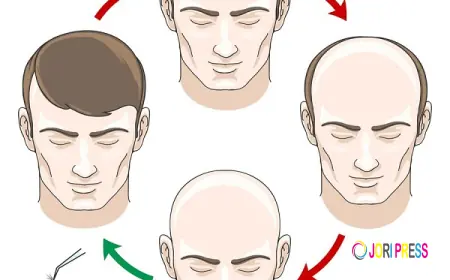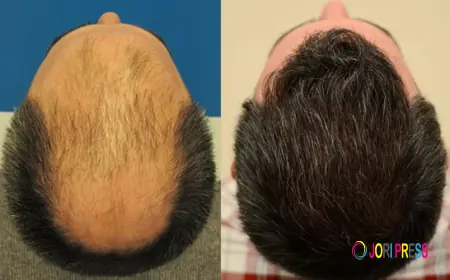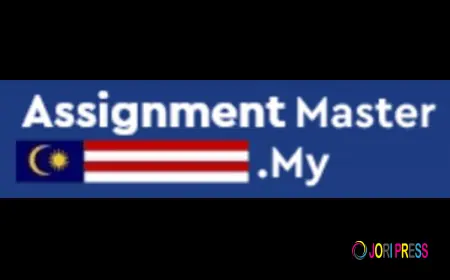Cheaper HIV prevention drug coming


Drug can be used to prevent catching the virus and treat those who have it
Kampala, Uganda | THE INDEPENDENT & AGENCIES | A new long-acting medicine that could make preventing HIV transition might soon be even for poor countries like Uganda thanks to agreements between producers and key HIV/AIDS prevention programme advocates.
Lenacapavir, produced by U.S. company Gilead, is a revolutionary new medicine that prevents HIV infection with injections just twice a year.
Last year June, Gilead announced that a trial of its HIV drug Lenacapavir had a 100% success rate.
The new, generic version is still pending regulatory approval but it is hoped it will be available within 18 months.
One study says that increasing access to the injection to just 4% of the population could prevent up to 20% of new HIV infections.
The drug can be used to protect people from catching the virus, but also to treat those who have it, according to scientists.
The announcement comes amid a turbulent year for global health, particularly the fight against HIV and Aids, following cuts by the US government’s foreign aid programme, USAID, under the Trump administration.
The current price of lenacapavir for HIV treatment is US$ 28, 000 (Approx. Shs100 million) per person per year. These new agreements, crafted with generic producers, would bring the price for HIV prevention down to just USD 40 per person per year.
But two new agreements to advance progress in stopping new HIV infections announced on Sept.24 during the United Nations General Assembly in New York promise a massive price reduction from US$ 28 000 to just US$ 40 per person per year for medicine that is almost 100% effective in preventing HIV.
Research published in The Lancet HIV earlier this year, experts estimated that, if purchased at scale, the cost of generic lenacapavir could range from USD 35 to USD 46 per person-year. Falling to USD 25 with high demand, making the medicine affordable even for low-income countries like Uganda.
Under the agreements UNITAID, the Clinton Health Access Initiative (CHAI), and South African research institute, Wits RHI are providing financial, technical, and regulatory support to Indian generic manufacturer Dr Reddy’s Laboratories, enabling the annual cost of injections to come to just US$ 40. An initial oral dose required alongside the first injections will cost no more than US& 17 under the agreement.
Unitaid was founded in 2006 by a five countries – Brazil, Chile, France, Norway and the United Kingdom – to address inequality in access lifesaving health products and stop millions of people in low- and middle-income countries from dying every year from preventable, treatable diseases.
It receives financial investments from Brazil, Canada, Chile, the European Union, France, the Gates Foundation, Japan, Portugal, the Republic of Korea, Spain, the United Kingdom, Wellcome, and the WHO Foundation.
The Gates Foundation will support Indian generic manufacturer Hetero Drugs with upfront funding and volume guarantees to ensure a cost of around US$ 40 per patient per year following the short pre-treatment oral regimen.
The new drug, Lenacapavir will add to the suite of HIV prevention options currently available including condoms, vaginal rings and daily prevention pills. It is hoped it will replace the current form of HIV preventative drug, known as PrEP, or pre-exposure prophylaxis, which is taken orally and also costs $40 per person each year.
“For many low- and middle-income countries, affordable access to HIV prevention is not a luxury, it is a necessity,” Professor Saiqa Mullick from Wits RHI told the BBC.
She added that Lenacapavir had “the potential to transform prevention, especially for young people and underserved communities who struggle with frequent clinic visits.
“The real work begins now, partnering with communities and governments to build demand, secure commitments, and prepare systems so countries are ready for rapid introduction and scale.”
PURPOSE 2 Trial results published in the New England Journal of Medicine found that lenacapavir was between 96% and 100% effective in preventing new HIV infections.
The Joint United Nations Programme on HIV and AIDS (UNAIDS) which is the global leader in advocating for accelerated, comprehensive and coordinated global action on the HIV/AIDS pandemic welcomed the announcement of new agreements.
“This is a watershed moment. A price of US$ 40 per person per year is a leap forward that will help to unlock the revolutionary potential of long-acting HIV medicines,” said Winnie Byanyima, Executive Director of UNAIDS.
UNAIDS leads and inspires the world to achieve its shared vision of zero new HIV infections, zero discrimination and zero AIDS-related deaths.
UNAIDS unites the efforts of 11 UN organizations—UNHCR, UNICEF, WFP, UNDP, UNFPA, UNODC, UN Women, ILO, UNESCO, WHO and the World Bank—and works closely with global and national partners towards ending the AIDS epidemic by 2030 as part of the Sustainable Development Goals.
UNAIDS has been advocating for the long-acting medicines to be affordable and available for people in most need since the studies were concluded.
UNAIDS estimates that if 20 million people in highest need, including men who have sex with men, sex workers, people who inject drugs and young women and adolescent girls in sub-Saharan Africa have access, this could dramatically reduce new infections and significantly advance progress in ending AIDS by 2030.
“UNITAID, Gates, CHAI, Witts RHI, Reddy, and Hetero have shown today what is possible when companies prioritise equitable access to lifesaving medicines. Gilead now needs to match that ambition by reducing its price for lenacapavir, being completely transparent on cost and pricing, expanding its generics license to include all low and middle-income countries, and allowing more people in developing countries to rapidly access these life-saving medicines,” said Byanyima.
The new HIV prevention drug which has received World Health Organisation (WHO) approval is expected to be available within two years. It is expected to be in 2027 across 120 low- and middle-income countries.
An estimated 1.3 million individuals worldwide acquired HIV in 2023. That was a 39% decline in new HIV infections since 2010 and a 60% decline since the peak in 1995. But it is still far off the mark than the WHO target of 370,000 new HIV infections by 2025.
New HIV infections, or “HIV incidence,” refers to the estimated number of people who newly acquired HIV during a given period such as a year, which is different from the number of people diagnosed with HIV during a year. (Some people may have HIV but not know it.) Women and girls accounted for 44% of all new HIV infections in 2023.



















































